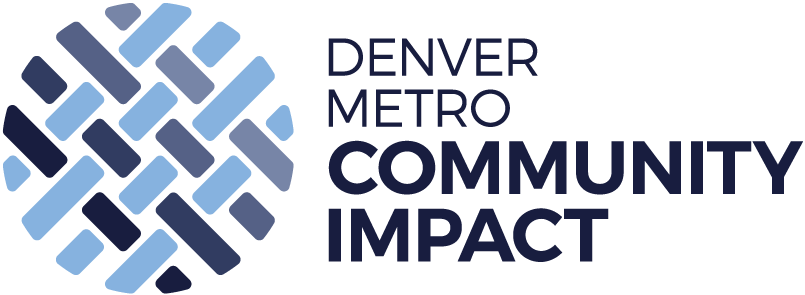Park Hill Strong, March 2020 Update
COMMUNITY WIDE SOCIAL EMOTIONAL LEARNING LANGUAGE:
To address Early and Persistent Problem Behavior, Park Hill’s Community Board envisioned a common social emotional learning language that would permeate the community, providing neighborhood children with multiple opportunities on a consistent basis to have social emotional competencies reinforced through interactions with many community adults in many different community settings. Children would participate in a social emotional learning program through their school, and then the same concepts would be reinforced by their parents, shared in afterschool and summer programming, at their place of worship, in their community sports program, at local businesses, and even by members of local law enforcement.
The Board started by identifying a program called Positive Action from the Blueprints for Healthy Youth Development website. After a few months of review, the Board determined that they did not feel the program materials and content were culturally relevant to Park Hill’s community members. Furthermore, while research on the program supported the implementation of the program in school settings, there has been much less research conducted to assess the effectiveness of the program when implemented in community settings. The Board decided Positive Action was not a good fit for the community, and instead looked at other programs. Given the success of the Promoting Alternative Thinking Strategies (PATHS) program in Montbello, the board eventually chose PATHS after board members reviewed program materials and spoke with the program’s developer. Board members appreciated PATHS’ history of implementation in a wide array of different community settings, and the developer’s willingness to explore ways that program concepts and materials could be flexibly applied to meet the needs of community service providers.
Following some exploratory phone calls between Dr. Mark Greenberg, the developer of PATHS, Dorothy Morelli, who assists with training and implementation of PATHS in various communities, and community partners, a meeting was arranged in early February 2019 to solidify the implementation plan. Heart and Hand Center, Kids Above Everything, and the Vickers Boys and Girls Club, were three community partners trained in May 2019 that began implementing the program as part of a summer pilot. The plan was then for Stedman Elementary to train their entire staff in August of 2019 and begin implementing in the fall. Additional community partners were to then be identified in the spring of 2020, and it was hoped that the two other main elementary schools that serve the community would also join in a year, and help fulfill the board’s vision for this strategy.
The summer pilot was fairly successful, as all three sites successfully completed training, appreciated the curriculum and began implementing. It was tough for all three sites to participate in weekly meetings to discuss implementation, and two of the sites had difficulty incorporating planning time for their hourly staff to effectively integrate PATHS into their existing programming. Overall though, the feedback was positive and staff at all three sites expressed their appreciation for the program as they saw demonstrable positive change in behavior among the participating children.
Meanwhile, the training for the staff at Stedman Elementary was gearing up at the end of August, when project staff were notified by DPS that Hallett and Smith elementary schools were also interested in potentially starting the PATHS program. The two schools were in a cohort of turnaround schools with Stedman, all thee had implementation of a social emotional learning program in their program improvement plans, and so the principal of Stedman recommended to the other two principals that perhaps they should take a look at PATHS. DPS actually had funds to pay for materials and so put in about $50,000 to help with start-up. YVPC-D paid for training and so the process to bring in the three elementary schools was accomplished way ahead of schedule.
Current implementation now includes three elementary schools and three community partners, reaching over 1,000 children annually. The Boys and Girls Club reported that kids were actually getting “burned out on PATHS” as they would participate at school and then at the Club afterschool, so the workgroup has been developing ways to more strategically deliver the material. Schools will now implement the actual lessons from the curriculum, and community sites will implement extension activities to put lessons into practice. The workgroup continues to meet to develop communication mechanisms for ensuring coordination of activities between schools and community sites.
Future partners for implementation are currently anticipated to include the Park Hill Pirates, a local youth football team, along with District 2 Police patrol officers and the Hiawatha Davis Recreation Center. One of the District 2 Community Resource Officers, and a librarian from the Pauline Robinson library have also already been trained. While some of these partners will be able to implement the program with the recommended dosage and duration (20 minutes per week, at least twice per week, for a school year), a different approach with the police officers and librarian will have to be identified as their contact with Park Hill children is less consistent. Adoption of broad universal concepts and language may have to be sufficient in order to reinforce the content children are gaining through schools and other community sites.

